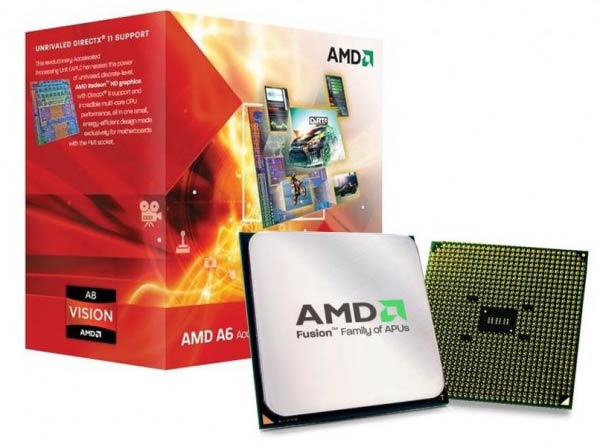A class action lawsuit has been filed in California by (ex)investors in chipmaker AMD. The complaint is that AMD violated the US Securities Exchange Act of 1934 by overestimating demand for its Llano APUs and also later dismissed the potential impact of unsold inventories.
The lawsuit is on behalf of investors who owned AMD stock between 27 October 2011 and 18 October 2012. Robbins Geller Rudman & Dowd LLP, acting for the stockholders, says that AMD made "false and misleading" statements about the demand for Llano APUs, their popularity and industry trends.
The complete nature of the class action suit is explained in the PDF available here. However the key complaint, covering the Llano era, is as follows:
"...defendants repeatedly highlighted the “strong” and “significant” interest in, demand for, and unit shipments of, its Llano APUs. Defendants falsely and misleadingly represented that AMD’s desktop business was in a “strong position” and that it would “continue to rebound” in 2012. As late as April 19, 2012, defendants stated that the demand for the Llano APU was “higher than anticipated,” particularly in the “emerging markets” and that there were no “significant issues” in the important desktop market."

Furthermore the complainants say that in 2012 AMD "knew or recklessly ignored," a misalignment between Llano motherboards sold and its projected chip sales. In July 2012 AMD reported lower than expected revenue for Q2 but said the large amount of unsold Llano chips wouldn't impact its future gross margins. AMD stock went down by 25 per cent. The complainants say that "Just weeks later," AMD announced its Q3 2012 gross margins were down over 31 per cent – in the main due to a $100 million inventory write down of Llano chips. This news precipitated a further 17 per cent drop in AMD share price.
It will be interesting to see how this court case will go, if the jury will decide for or against AMD. Do readers think AMD wilfully mislead investors/the public or was just overly optimistic about its new APUs in the face of the PC market downturn at that time?













